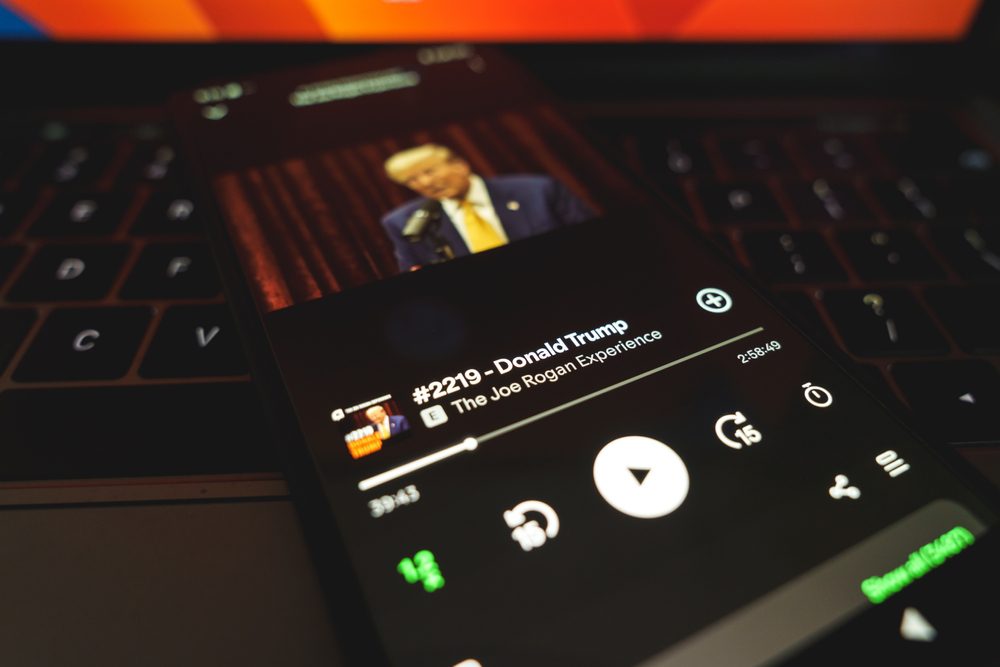Five top tobacco companies are expected to file a joint motion next fall to dismiss conspiracy charges made by the Department of Justice three and a half years ago.
The charges accuse Philip Morris, R.J. Reynolds, Lorillard Tobacco Co., British American Tobacco Co. and its Brown & Williamson division and Liggett Group of fraudulent marketing and misleading consumers about the health risks of smoking.
Judge Gladys Kessler has already thrown out two DOJ charges to recoup healthcare costs. She left two Racketeering Influenced Corrupt Organization charges standing in the suit when she ruled in July 2001.
Court documents filed last January show the DOJ will ask for $289 billion in damages, reports The New York Times. The case is scheduled to go to trial in September 2004.
The DOJ suit last hit marketers’ radar screens in December 2001 when officials said they may seek to eliminate all trade promos, product giveaways, and vending machines, while further restricting print ads and packaging. (June 2002 PROMO). Legal experts don’t expect the DOJ to succeed in collecting damages, but a $289 billion payout would decimate the tobacco industry already troubled by low-price competition and heavy taxation.
Separately, Philip Morris USA, New York City, earlier this month filed 15 lawsuits against 325 retailers in seven states to halt sales of counterfeit cigarettes bearing PM’s trademarks, especially Marlboro.
The suits signal to retailers that Philip Morris will aggressively protect its brands. “Through these lawsuits we are able to gather information about where this product is coming from so that we, working together with government agencies, legislators and tobacco retailers, wholesalers and suppliers, can take further actions to stop the sale of counterfeit cigarettes,” said VP-Brand Integrity Jack Holleran in a statement.
Past suits have garnered 22 consent judgments in which retailers agreed to stop selling counterfeit cigarettes. Phillip Morris is negotiating settlements on another 40-plus suits. Higher prices on national brands have increased counterfeiting, while driving consumers to lower-priced smokes.
 Network
Network

